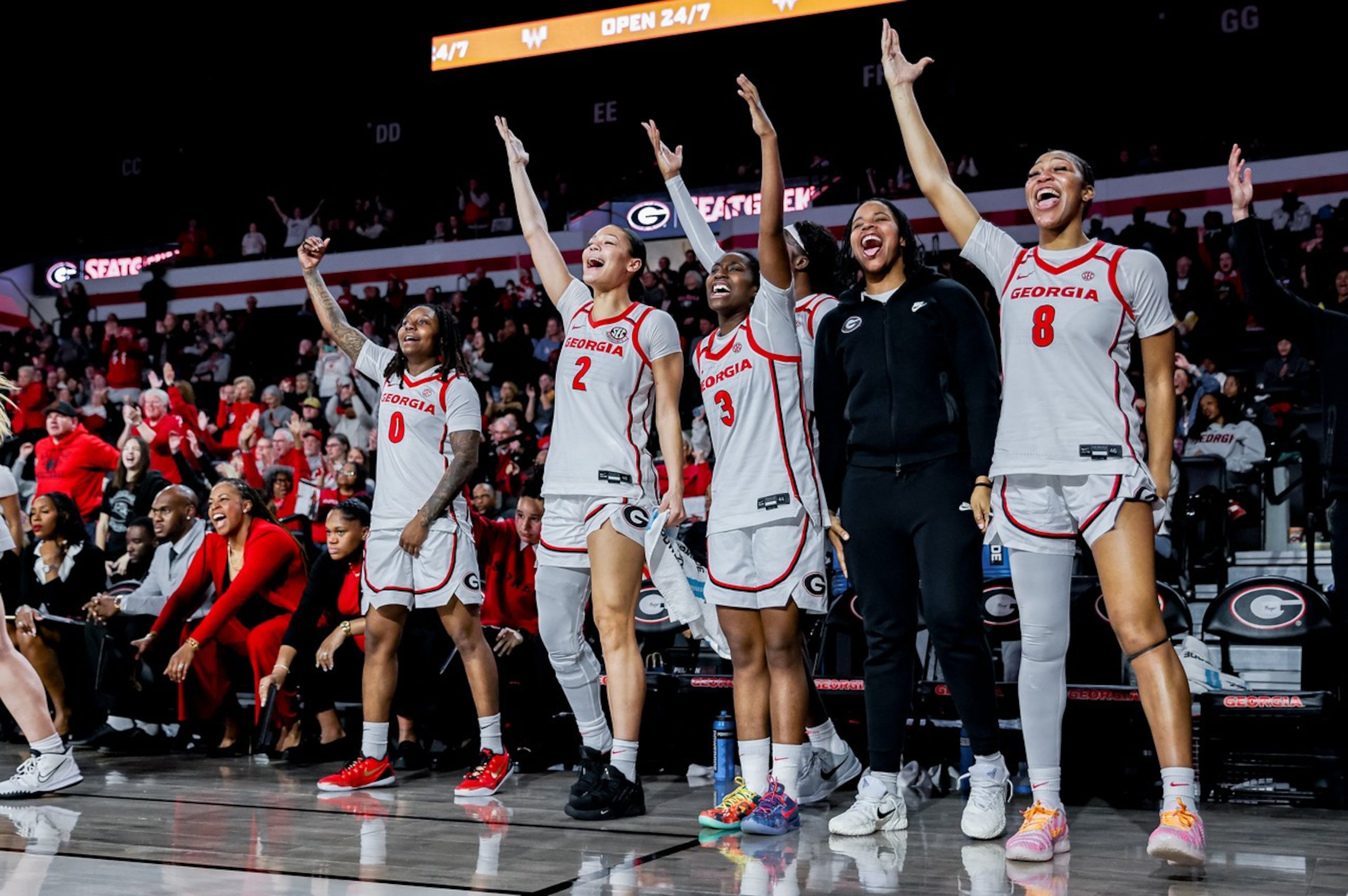NFL teams weigh when to draft replacements for veterans

Derrick Johnson has always been a company man, willing to do whatever it takes to help the Kansas City Chiefs win playoff games and someday end their long Super Bowl drought.
Restructure his contract? OK. Tutor young linebackers? Sure thing.
The point where Johnson draws the line is in telling the Chiefs when he'll finally hang up the cleats. The 34-year-old is coming off a second season-ending Achilles tendon injury, and he knows he's entering the twilight of his career. But he doesn't know if the end will come after the upcoming season or the one after that, when his current contract is due to expire.
"I struggle with that," he said. "The older you get, the more you know it's coming to an end at some point. But I just hope and pray when football is over for me I can have peace and rest."
Therein lays the challenge for the Chiefs, along with every other team in the NFL: When is it the right time to draft replacements, especially when extra roster spots have become invaluable, time limits on practice are more constrictive, and the pressure to win has never been greater.
"You're always trying to work ahead and trying to prevent the roster from taking a major, major hit at any position. That's the nature of the National Football League," said Titans general manager Jon Robinson. "As veteran players age or hit a level where they become maybe too expensive for your football team, that's something that you have to look at and manage."
Precisely how teams manage it varies in just about every respect.
First there's the timeframe.
Teams try to forecast about three years ahead, but several GMs said that has become increasingly difficult. More players are walking away from the game early because of the increased risks of injuries and concerns over head trauma, while the shelf life of some positions may only be a few years to begin with, making it difficult to forecast even a year in advance.
Players such as Johnson, who is entering his 13th season, are about as rare as the I-formation in an era when the NFL Players Association reports the average career lasts just over three years.
Then there are positional differences.
There are some jobs where a player can be drafted and slide right into the starting lineup with minimal experience, while it may take others — quarterback, for one — several years of development before being ready for games.
Finally, there are philosophical differences.
Teams such as the Packers prefer to shore up holes almost exclusively through the draft, while others are more willing to dip into free agency. The draft carries the significant benefit of financial flexibility, but the downside is the pressure of enduring a crash-course on life in professional football.
"You can't predict the future," Robinson said, "but you just try to set yourself up so the rosters can kind of weather the storm of losing guys, and you can still play winning, productive football."
Robinson is facing that very challenge this offseason.
Already, he's released cornerback Jason McCourty and begun the search for a replacement for the nine-year veteran. Tight end Delanie Walker is coming off a Pro Bowl season and is a 12-year veteran who will be 33 in August, so finding a replacement for him could become an issue soon.
The Cowboys are another interesting case study in drafting replacements.
A few years ago, they gambled that breakout running back Demarco Murray would age quickly and let him go in free agency. Dallas struggled the following season — though it did put the Cowboys in position to draft Ezekiel Elliott — while Murray ran for more than 1,200 yards with Tennessee last season.
The Cowboys also recognized that injury-prone quarterback Tony Romo was heading toward the end of his career, so they chose Dak Prescott in last year's draft. But any thought that he was a developmental project quickly dissolved when Prescott took over the starting job and never let it go.
Dallas also tried unsuccessfully to draft an heir to tight end Jason Witten, whiffing on second-round pick Gavin Escobar. Witten is signed through 2021, but realistically has only a couple seasons left.
His situation is not unlike Johnson's in Kansas City, where a longtime fixture is still capable of playing at a high level, even if nobody is quite sure how long that will last.
"One of the neat things we have going is we bring in good competition at all spots. There are no positions absolutely guaranteed," Chiefs coach Andy Reid said. "I'll tell the rookies when they come in, 'You can cut it loose and see what happens,' and that covers all areas.
"If a guy goes down, the next one comes in, and you have to maintain that, maintain that level of competition. And you obviously keep the best guys that create the most competition."


